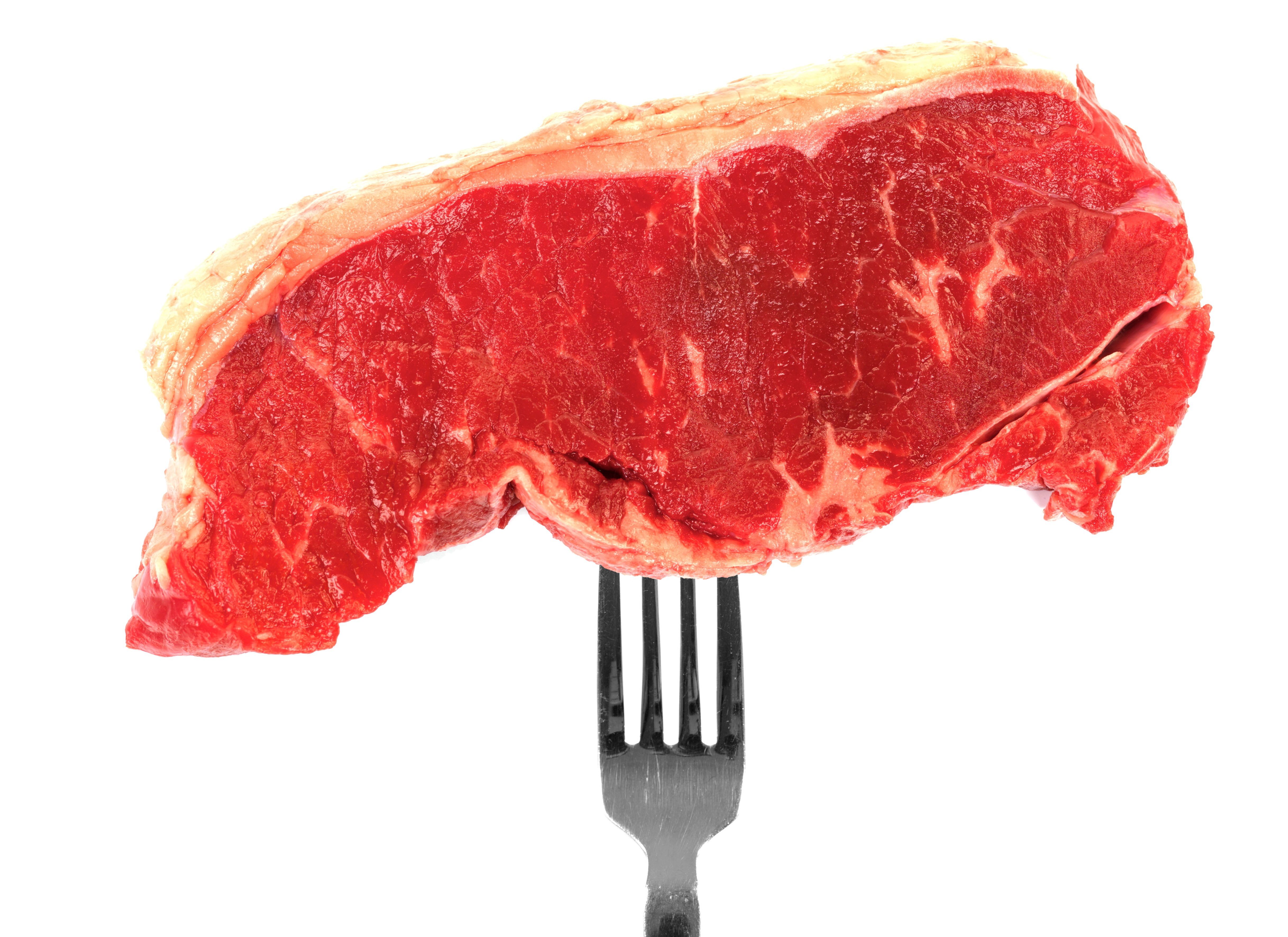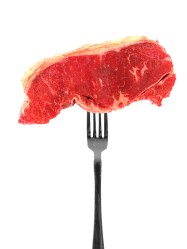We’ve heard it 38,942,038,417 times* before: The system we use to produce meat in the U.S. is really eff-ed up. Feedlots = horror movies, all this carnivory is making us fat, and to make matters worse, meat consumption contributes to climate change. Right, all good arguments for eating less meat.
What we rarely hear is a fair, honest conversation with the actual farmers raising the animals that produce the meat that most of America consumes. That’s what Graham Meriwether wanted to do with his documentary, American Meat. The film explores meat production from the farmer’s perspective — and not just those who do it the free-range, organic, grass-fed way.
Meriwether initially set out to make a movie just about the alternative farms springing up across the country. He started off by talking to Joel Salatin of Polyface Farm, made famous by Michael Pollan’s book The Omnivore’s Dilemma. But when he started using stock footage of slaughterhouses, something didn’t feel right.
“I think the most important decision we made in the production of the film was not to put any hidden camera footage in the film,” Meriwether says, “because then that set us off on a journey where we got to talk to [conventional farmers], the people that, for the most part, feed most of our country.”
In the end, he was able to get his own footage of what goes on inside a slaughterhouse, but he chose not to include it in the film. We’ve become so distanced from the reality of where our meat comes from, he says, that we just aren’t ready for it.
Since Grist last spoke with Meriwether, he has continued his nationwide tour with the film, sparking mostly civil dialogs that inspire people to take a good, long look at what’s on the end of their fork.
In this interview, we talk about slaughterhouse scenes, how farming doesn’t have to be a full-time job, and why he believes we can have a sustainable meat system in the U.S. — provided we get 4 million animal farmers involved. As a bonus, if you listen to the end, you’ll hear about the one time one of his post-screening discussions blew up on him, and his (related) thoughts on veganism.
This interview is part of the Generation Anthropocene project, in which Stanford students partake in an inter-generational dialogue with scholars about living in an age when humans have become a major force shaping our world.
*Author’s estimate.



